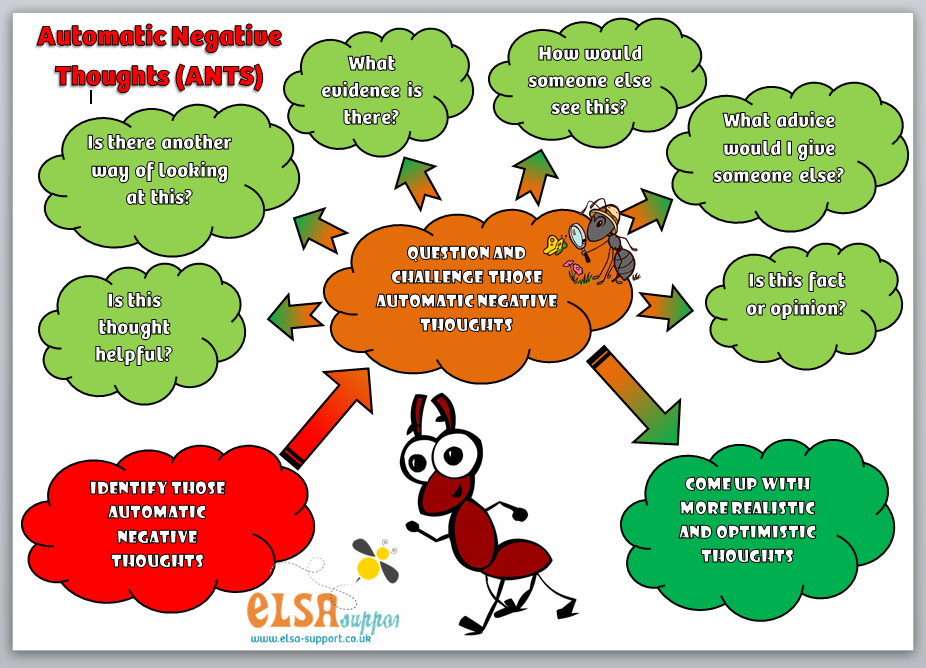Breaking Habits Part Seven - Be a Scientist and Experiment!
 Continuing in our discussion on how to break habits. We've covered quite a few topics - please take a look at the past posts for more goodies on how to break our habits!
Continuing in our discussion on how to break habits. We've covered quite a few topics - please take a look at the past posts for more goodies on how to break our habits!Today, I'd like to discuss a critical part of breaking habits, one that often scares many of us. The idea of actually breaking habits - whether that be physical behaviours or mental/emotional thoughts - is that we have to DO/THINK THE OPPOSITE. This post talks a bit about how to start changing our thinking and actions.
In short, need to learn new ways of thinking, feeling, and doing. And this, as we all know, is hard work. This post will review one way to go about doing this - I challenge you to become a scientist and conduct an experiment.
What does this mean? I want you to think about a behaviour you are doing. Of course, if it did not serve a purpose in your life, you would not be doing it. But at the same time, this behaviour or action might cause you distress, fear, anger, or frustration. For example, let's say you have a habit of drinking alcohol when you are stressed. At the time, this is soothing to you because it calms you down. But deep down, you are frustrated with yourself because you know that alcohol is not good for your health, you know that you spend too much money on it, you dislike how it makes you feel and act afterwards, etc. You want to STOP drinking alcohol, but you are scared to even try to decrease your drinking because you are scared of what will happen if you do. Perhaps you are worried that without alcohol, you will not be able to cope with your emotions or stress. Or you fear that you will end up feeling MORE miserable without it, that you will not be able to socialize with others, etc.
To be a scientist means that you need to challenge yourself on that thought/worry. Which, as scary as it sounds, means you need to do what are you afraid of. WHY, you may ask? Well, the only way to see what will happen is to actually stop the habit, or do the opposite. So, for example, if you are scared that if you skip a drink tonight, you will be miserable tomorrow, try it out. Skip the drink today. And see what happens tomorrow. Are you miserable? You may find that you aren't! And - important to remember here - is that you might actually still be miserable. But check-in with yourself: are you really as miserable as you thought you would be? Is it intolerable?
 And don't forget this - you just proved to yourself that you are NOT stuck in the habit. You DID IT - you were able to break a habit, even if just for a day. Or ten minutes. So, you proved to yourself that 1) You can do hard things; 2) You can change if you want to and if you try; 3) The worst outcome is not going to happen; and/or 4) If the worst DOES happen, it is not as bad as you thought it would be OR you are able to cope with the distress/challenges that arise.
And don't forget this - you just proved to yourself that you are NOT stuck in the habit. You DID IT - you were able to break a habit, even if just for a day. Or ten minutes. So, you proved to yourself that 1) You can do hard things; 2) You can change if you want to and if you try; 3) The worst outcome is not going to happen; and/or 4) If the worst DOES happen, it is not as bad as you thought it would be OR you are able to cope with the distress/challenges that arise.This is definitely easier said than done. Being a scientist and conducting this mini-experiment is stressful, uncomfortable, and produces anxiety. But really, the only other alternative is to stay the same, and stuck in these habits. To change means you need to challenge yourself. You need to break the cycle by engaging in opposite actions, by conducting an experiment, and by proving to yourself that you can do hard things.
 It is hard. But you can do it. Choose one habit. Challenge it today. Break the cycle. Do the opposite. Expect anxiety and discomfort, but do it anyways. And then, feel proud of yourself for what you accomplished. Know that for every opposite action you take, and for every habit that you break (even if for a few minutes!), you are showing brain and yourself that you can change. You can - and you will - get through this!
It is hard. But you can do it. Choose one habit. Challenge it today. Break the cycle. Do the opposite. Expect anxiety and discomfort, but do it anyways. And then, feel proud of yourself for what you accomplished. Know that for every opposite action you take, and for every habit that you break (even if for a few minutes!), you are showing brain and yourself that you can change. You can - and you will - get through this!
